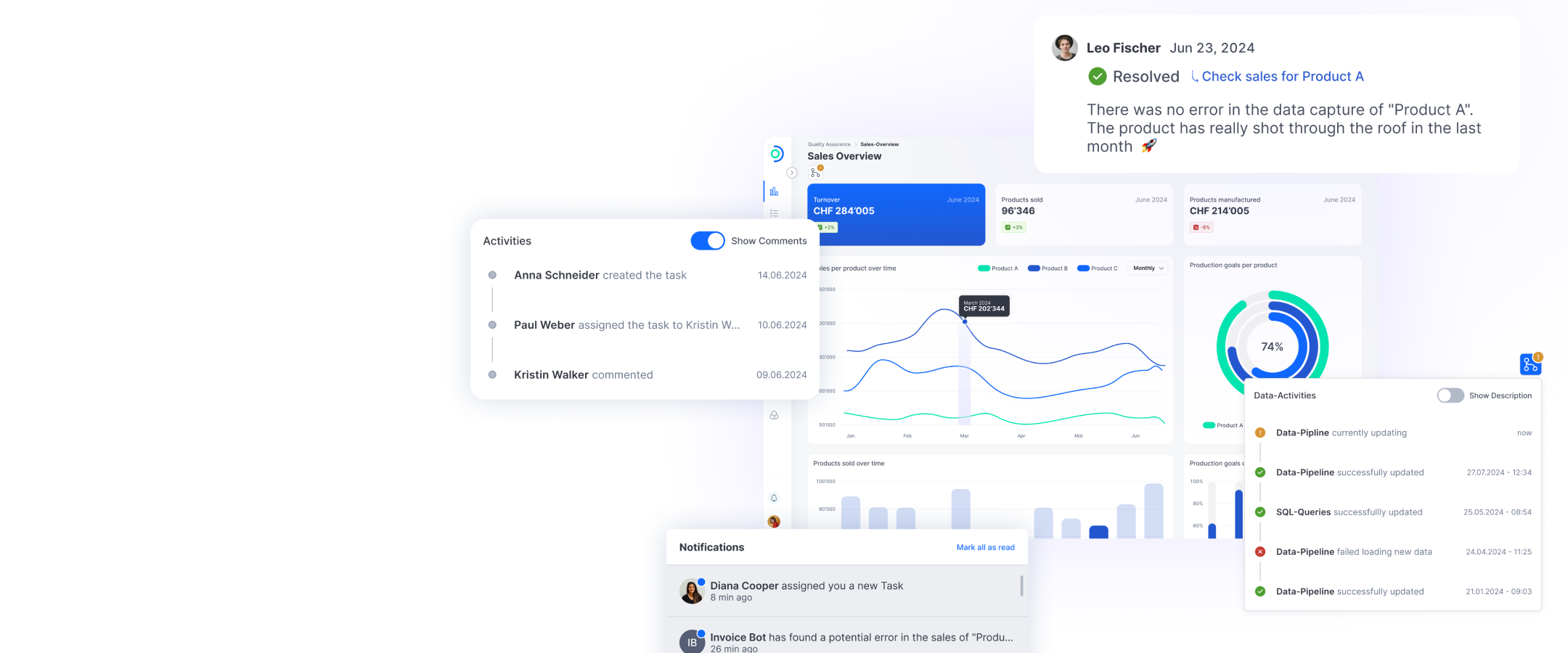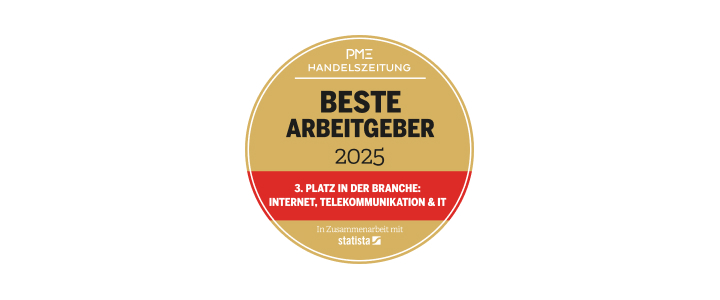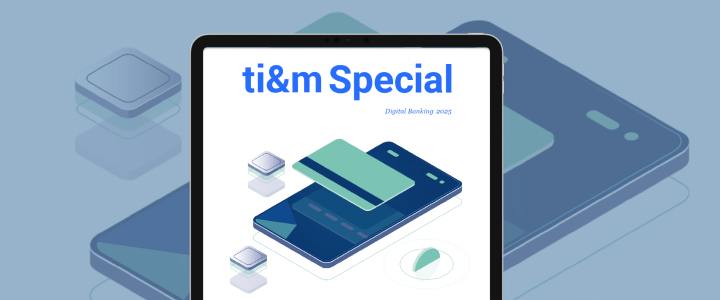Digital technology is not only changing the economy, creating new products and setting new standards for services: digitalization is also changing the expectations of consumers and thus indirectly the expectations of citizens, who expect the same customer focus and friendliness from the public sector as from the private sector.
Public services 2.0
The typical Swiss person is not just proud of chocolate and cheese, but also the achievements of public services. And as the vote on the e-ID showed, voters here are not prepared to hand a part of these (digital) public services into the full control of private enterprise. It is therefore up to the federal government as well as the cantons and municipalities themselves to tackle digitalization projects in order to facilitate access to services for residents and companies. And gradual digitalization is not just something nice to have in order to be better placed in international digitalization rankings. For there is one thing the pandemic has clearly demonstrated: authorities need to be prepared for the most varied scenarios and be able to react quickly in order to be able to maintain their offer and thus public services – even during a lockdown. And finally, it’s about providing e-government products and keeping in touch with future developments, such as AI, Big Data and IoT. However, it cannot be the task of the public administration, in parallel with digitalization, to take care of basic matters such as IT infrastructure, data management or the operation of its digitalization solutions.
The cloud is the key
At the heart of all these changes and challenges is the cloud – because the cloud itself is an enabler of digital transformation by removing the limits of a classic on-premises infrastructure, thereby permitting projects to be rolled out in a fast time to market. In practice, digitalization projects rapidly reach their limits due to lacking or aging infrastructures, limited technical expertise and lack of human resources. For example, some IT departments in the public sector are lacking the necessary infrastructure to run highly scalable, containerized third-party software on premises using internal servers.
But infrastructure is only one aspect, because if the public administration is looking only for an external data and application host with a modern technology stack, then the recommendation is for a public cloud solution from Google Cloud, AWS or Microsoft. Using a cloud from one of the three hyperscalers offers some advantages, such as a high degree of scalability; even then, however, it is necessary to have the expertise to implement and run the solution. It should be noted that the data centers of hyperscalers are distributed across the world, and so data sovereignty is not guaranteed. Auditing is also challenging due to the elusive scopes. On the other hand, if the requirement is more than simply to have an external infrastructure, then the recommendation is for a private cloud provider that can address the specific requirements of Swiss administration and other public institutions in a tailored manner. As a Swiss cloud provider, with our ti&m swiss eGov cloud we are providing far more than just an infrastructure solution. As a technology partner, we accompany our clients and provide end-to-end responsibility from a single source, so that you can fully exploit the possibilities of digitalization. The ti&m swiss eGov cloud meets the highest privacy and operational requirements and is regularly audited in accordance with ISO 27001. As part of our managed services, we provide our public-service clients with ready-to-use applications such as 2-factor authentication solutions, SIEM integration or container orchestrators. And for our clients in federal administration, we offer integration into the federal IAM system.
The personal cloud partner for e-government
Our motivation is to take our clients by the hand and accompany them on their journey to the cloud – and we do it literally. We advise them from the concept stage to the operational stage, combining agility with Swiss quality, speed, and efficiency into a full-service package. Our experts work in Switzerland, because we also take client proximity literally. Physical proximity together with our local Swiss data centers will significantly simplify future audits required by the legislator, because auditors will be able to check all the necessary aspects right here with us. In addition, data management in accordance with Swiss law is ensured at all times. Necessary services can be individually compiled according to the specialized needs of public administration, and short-term expansions or reductions of capacity are possible as required.
Several administrations are already relying on the secure and customer-oriented ti&m swiss eGov cloud and are benefiting from our customized managed-service solutions. After all, the digitalization of public administration and new e-government concepts are inevitable. The question is, which partner do you want to accompany you on this journey?
ti&m special e-government
What about the digital transformation of the public service? In our magazine ti&m special, we asked further digitalization experts from politics and government. to download




